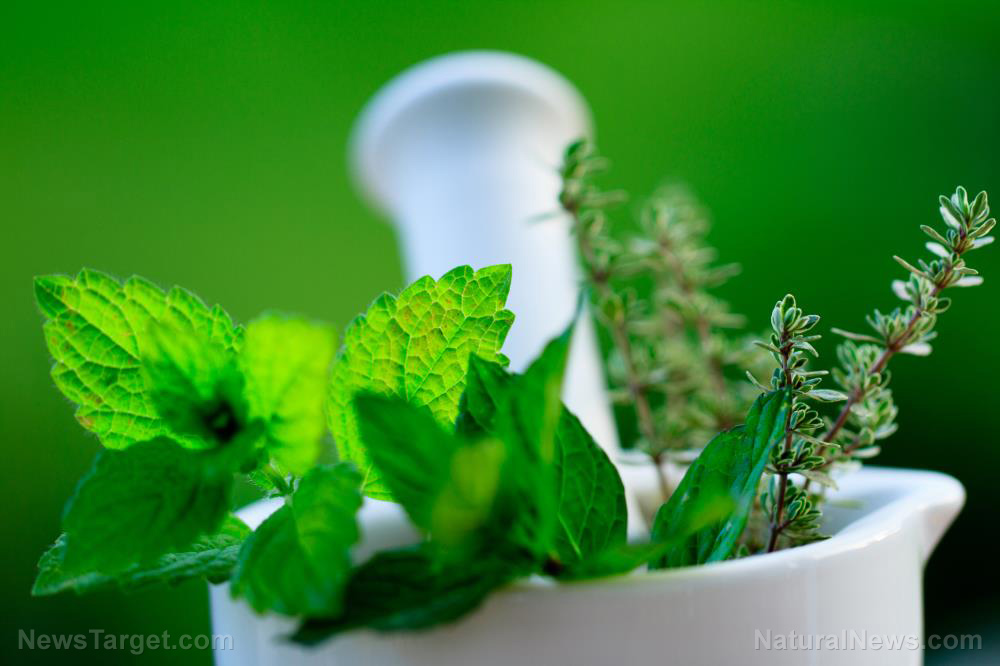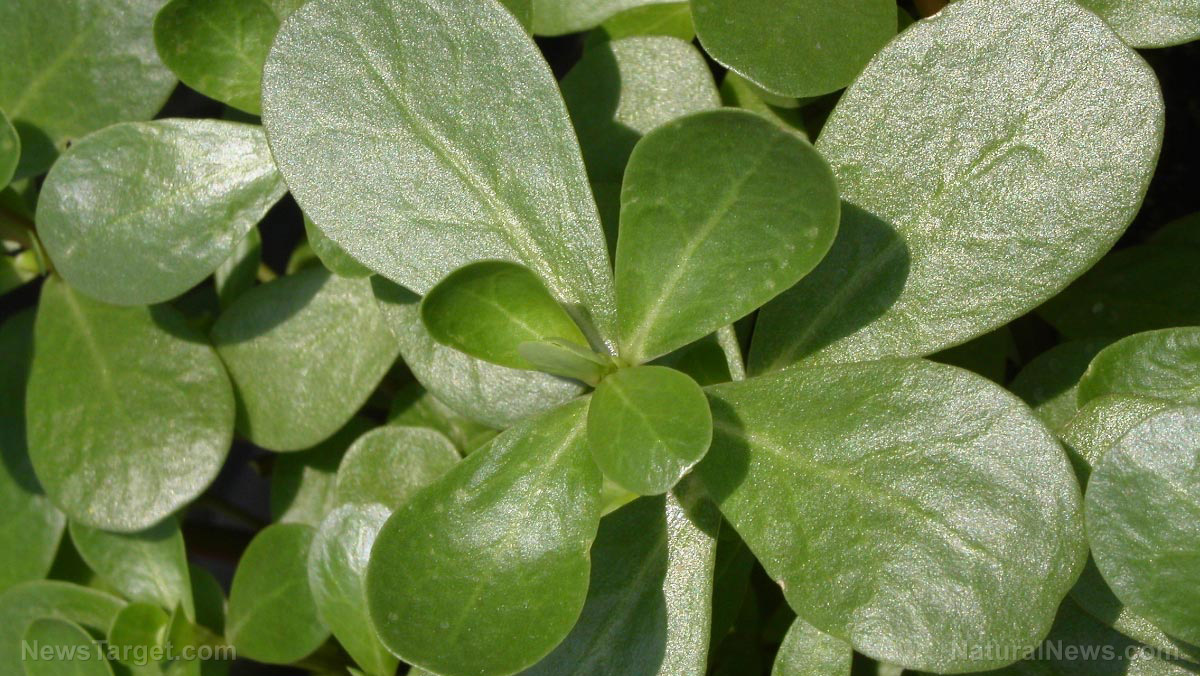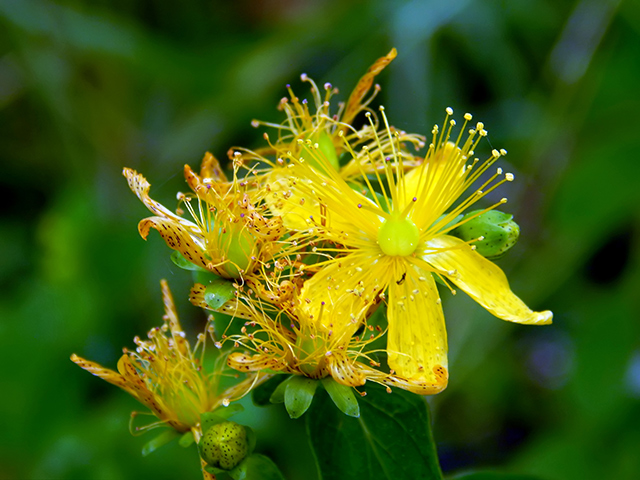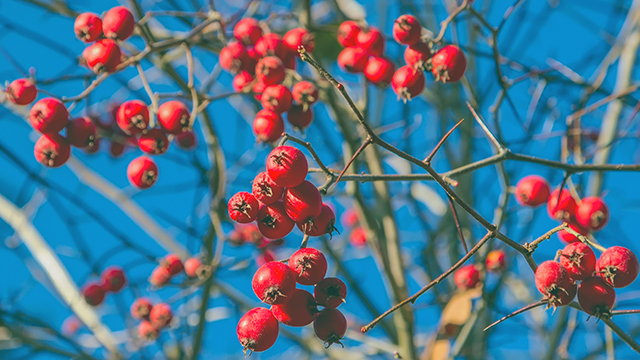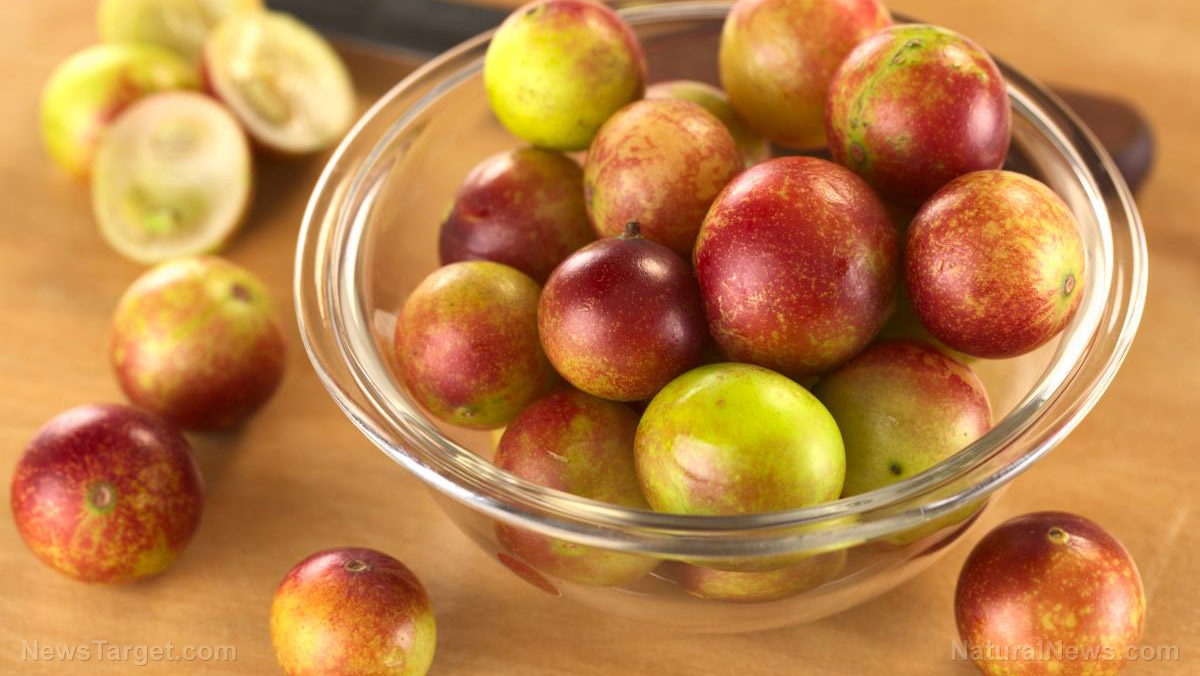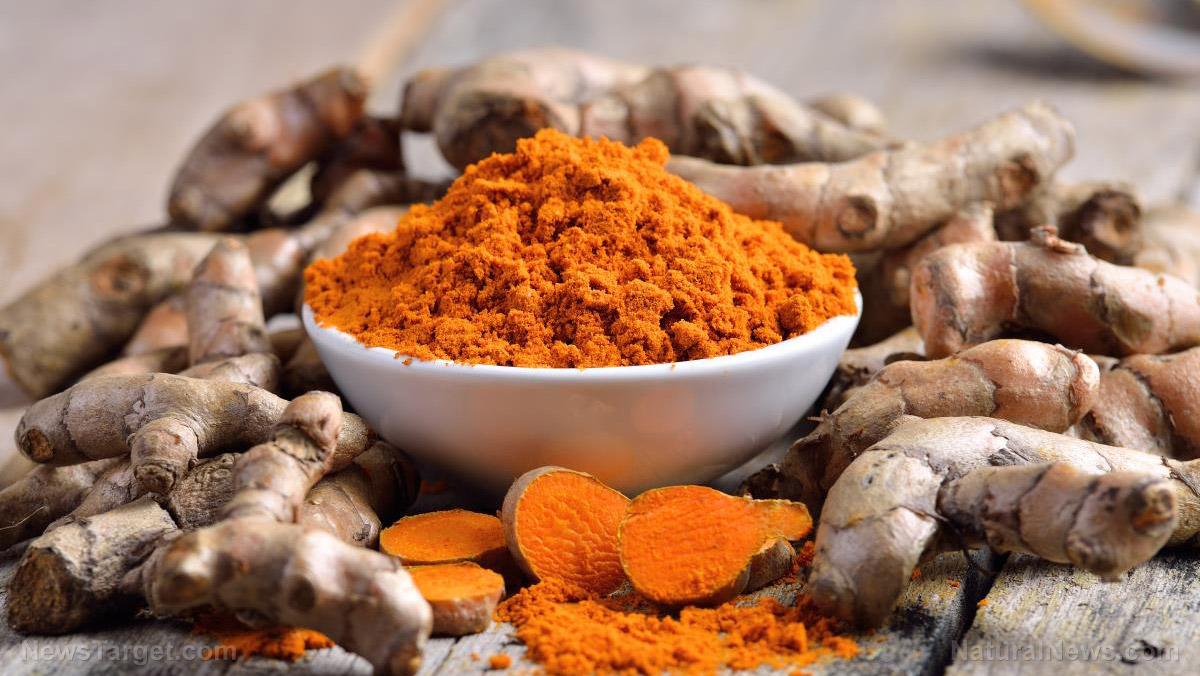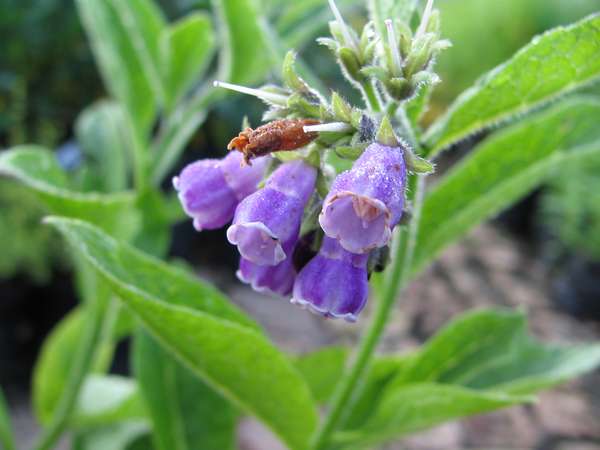Get relief from diarrhea with wild tea leaves
12/28/2020 / By Evangelyn Rodriguez

Osyris quadripartita, commonly known as wild tea plant, is a member of the sandalwood (Santalaceae) family, which is composed of flowering plants that are partially parasitic to other plants. In Africa, the wild tea plant is widely used in traditional medicine. Its leaves, for instance, are used to treat malaria in Ethiopia and cancer in Algeria. They are also known to possess anti-inflammatory, antioxidant and antimicrobial properties.
In a recent study, researchers from Ethiopia investigated the antidiarrheal activity of the leaves of wild tea plant. Traditional healers in different parts of Ethiopia are said to use these leaves as medicine for diarrhea. Despite being a common and treatable ailment in developed countries, diarrhea has been reported as the main cause of at least 20 percent of childhood deaths in Ethiopia in 2010.
The researchers discussed their findings about wild tea plant in an article published in the Journal of Evidence-Based Integrative Medicine.
Wild tea plant shows antidiarrheal activity in animal models
Despite its widespread use in Africa, the effectiveness of wild tea plant leaves as a natural remedy for diarrhea has not been scientifically validated. To address this, the researchers used mouse models of castor oil–induced diarrhea, enteropooling — the accumulation of liquid in the small intestine — and gastrointestinal motility to test the antidiarrheal activity of wild tea plant methanolic leaf extract.
The researchers compared the activity of the extract at different doses (100, 200, and 400 mg/kg) with that of standard drugs. They reported that at all tested doses, the wild tea plant extract significantly reduced the amount of wet feces. The highest dose of the extract significantly reduced the frequency of defecation in mice with castor oil-induced diarrhea.
At the same time, the wild tea plant extract also reduced the volume of intestinal content in the enteropooling model at all tested doses. The researchers noted that the observed results for treatment with 200 and 400 mg/kg of the extract were better than the results obtained for the standard drug, loperamide. Loperamide is an oral medication that slows the movement of the gut to decrease bowel movement.
On the other hand, the researchers did not observe any significant antimotility effects from the wild tea plant extract at any of the tested doses. (Related: Extract from nettleleaf velvetberry found to inhibit diarrhea and aspirin-induced gastric ulcers.)
Based on these findings, the researchers concluded that the methanolic leaf extract of wild tea plant is an excellent natural remedy for diarrhea.
Home remedies for diarrhea
Diarrhea is a gastrointestinal disorder that’s caused by changes in bowel movement, which lead to an increase in intestinal water content, as well as an increase in the volume and frequency of stools. Diarrhea is also often accompanied by pain, urgency, perianal discomfort and incontinence, or the lack of control over defecation. Despite this, diarrhea is only a symptom of an underlying health problem and not a disease by itself.
Conventional treatments for diarrhea include over-the-counter medicines like loperamide and bismuth subsalicylate. These medicines, however, cause side effects, such as abdominal pain, constipation, dizziness, nausea and vomiting. Fortunately, there are effective home remedies for diarrhea that can help you do without these medications. Here are some of them: (h/t to MedicalNewsToday.com)
- Rehydrate — Diarrhea can cause dehydration, so drinking plenty of water or electrolyte-containing beverages is crucial to recovery. Oral rehydration solutions and natural fruit juices can help replenish lost sodium and potassium.
- Eat the right foods — Foods that can help you recover from diarrhea include fruits rich in pectin, high-potassium foods (e.g., potatoes and sweet potatoes), cooked soft vegetables and foods that contain protein. The BRAT diet, which stands for bananas, rice, apple sauce and toast, can also help solidify stools because they are low in fiber but high in starch.
- Avoid fatty and sugar foods — Some foods can irritate your stomach or strain your gastrointestinal tract. To speed up your recovery, avoid fatty, greasy and spicy foods, as well as those that contain artificial sweeteners.
- Take probiotics — Probiotics can easily put your digestive system to rights. According to one study, supplementing with these beneficial bacteria can shorten the duration of your recovery from diarrhea.
Diarrhea is a common digestive disorder that can be treated without the use of harmful medications. To manage diarrhea naturally, follow the tips listed above or try herbal medicines like wild tea plant. You can learn more about plants that help with diarrhea at Herbs.news.
Sources include:
BMCComplementMedTherapies.BiomedCentral.com
Submit a correction >>
Tagged Under:
alternative medicine, antidiarrheal, digestion, gut health, herbal medicine, Herbs, natural cures, natural medicine, plant medicine, remedies, research, wild tea plant
This article may contain statements that reflect the opinion of the author
RECENT NEWS & ARTICLES
PlantMedicine.News is a fact-based public education website published by Plant Medicine News Features, LLC.
All content copyright © 2018 by Plant Medicine News Features, LLC.
Contact Us with Tips or Corrections
All trademarks, registered trademarks and servicemarks mentioned on this site are the property of their respective owners.





